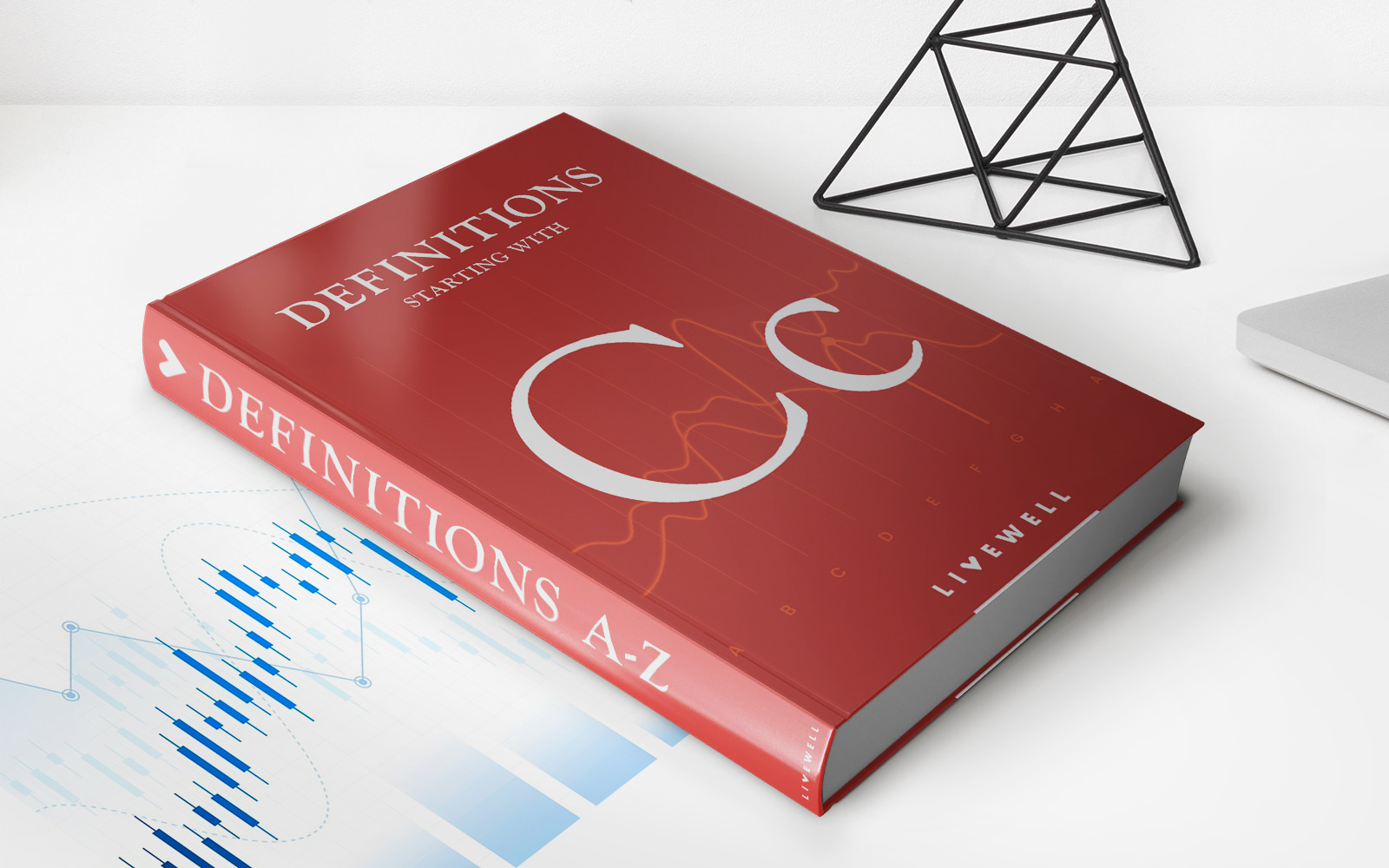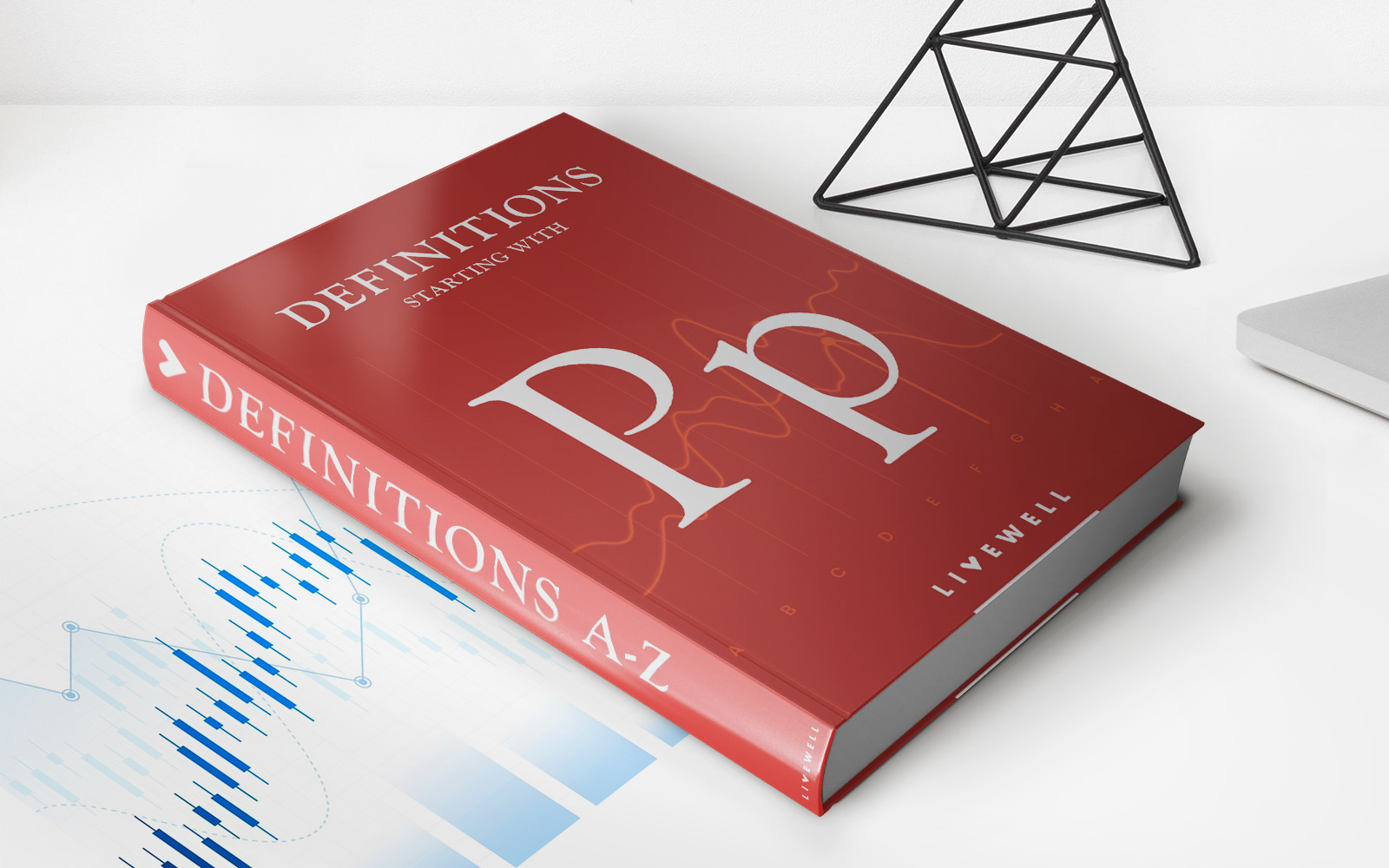

Finance
What Is A Characteristic Of Installment Credit
Published: February 21, 2024
Learn about the characteristic of installment credit and its impact on personal finance. Understand how installment credit affects your financial situation.
(Many of the links in this article redirect to a specific reviewed product. Your purchase of these products through affiliate links helps to generate commission for LiveWell, at no extra cost. Learn more)
Table of Contents
Introduction
Installment credit is a fundamental aspect of the modern financial landscape, playing a pivotal role in enabling individuals to acquire high-value assets and manage their financial obligations effectively. This type of credit offers a structured repayment plan, allowing borrowers to make regular, fixed payments over a specified period. Whether it's purchasing a home, a car, or even funding an education, installment credit provides a flexible and manageable means for individuals to fulfill their aspirations without bearing the entire financial burden upfront.
The concept of installment credit has been ingrained in financial practices for decades, serving as a cornerstone of consumer finance. As such, it's crucial for individuals to comprehend its characteristics, benefits, and potential drawbacks to make informed decisions when considering this type of credit. By exploring the intricacies of installment credit, borrowers can gain a comprehensive understanding of its implications and leverage its advantages to achieve their financial objectives.
Throughout this article, we will delve into the definition of installment credit, explore its key characteristics, evaluate its benefits and drawbacks, and examine real-world examples to illustrate its practical applications. By the end, readers will have a thorough grasp of installment credit and its significance in the realm of personal finance.
Definition of Installment Credit
Installment credit refers to a type of loan or credit arrangement wherein the borrower receives a lump sum of money and agrees to repay it in fixed, regular installments over a predetermined period. This form of credit is commonly utilized for substantial purchases, such as real estate, automobiles, or higher education expenses, where the upfront cost is substantial and may not be readily affordable for the borrower.
Unlike revolving credit, such as credit cards, which offer a continuous line of credit that can be reused as payments are made, installment credit involves a specific loan amount that is repaid over time. The repayment schedule typically includes both the principal amount borrowed and accrued interest, with the total amount divided into equal installments, making it easier for the borrower to budget and plan their finances.
Furthermore, installment credit often comes with a fixed interest rate, providing predictability and stability for borrowers, as the monthly payments remain constant throughout the repayment period. This predictability allows individuals to manage their cash flow more effectively and avoid unexpected fluctuations in payment amounts.
It’s important to note that installment credit can take various forms, including mortgages, auto loans, personal loans, and student loans. Each type of installment credit is tailored to the specific needs of the borrower and the nature of the underlying asset or expense. In essence, installment credit serves as a structured financial tool that empowers individuals to acquire essential assets and fulfill significant financial obligations without bearing the entire financial burden upfront.
Characteristics of Installment Credit
Installment credit exhibits several distinctive characteristics that set it apart from other forms of borrowing. Understanding these features is crucial for individuals considering this type of credit to make informed financial decisions. Below are the key characteristics of installment credit:
- Structured Repayment Schedule: One of the defining features of installment credit is its structured repayment schedule. Borrowers agree to repay the loan amount, including interest, in fixed installments over a specified period. This predictability enables individuals to plan their finances effectively and budget for the recurring payments without facing sudden fluctuations in the amount owed.
- Fixed Interest Rates: In most cases, installment credit comes with fixed interest rates, meaning the interest charged on the loan remains constant throughout the repayment period. This stability provides borrowers with clarity regarding the total cost of the credit and ensures that the monthly payments remain consistent, facilitating better financial planning.
- Asset-Backed: Installment credit often involves the purchase of specific assets, such as homes or vehicles, where the asset itself serves as collateral for the loan. This asset-backed nature provides lenders with a sense of security, potentially leading to more favorable loan terms for the borrower, such as lower interest rates.
- Longer Loan Terms: Compared to other forms of credit, installment loans typically have longer repayment periods. For instance, mortgages can span 15 to 30 years, while auto loans may extend for several years. The extended loan terms allow borrowers to spread out the cost of high-value assets over time, making them more affordable and manageable.
- Diverse Application: Installment credit caters to a wide range of financial needs, from funding education through student loans to financing home improvements with personal loans. This versatility makes installment credit a versatile tool for individuals seeking to achieve various financial goals without depleting their savings.
These characteristics collectively define the nature of installment credit, showcasing its suitability for individuals seeking to make substantial purchases or manage significant expenses through a structured and manageable borrowing framework.
Benefits of Installment Credit
Installment credit offers a myriad of benefits that make it an attractive option for individuals seeking to finance major purchases or manage significant expenses. Understanding these advantages can empower borrowers to make informed financial decisions and leverage installment credit to their advantage. Here are the key benefits of installment credit:
- Structured Repayment: With fixed monthly installments, borrowers can easily budget and plan their finances, knowing the exact amount due each month. This predictability fosters responsible financial management and eliminates the uncertainty associated with variable payment amounts.
- Affordability: By spreading the cost of high-value purchases over an extended period, installment credit makes these acquisitions more affordable. Whether it’s buying a home, a car, or funding education, the ability to repay the loan in increments eases the financial burden on the borrower and expands their purchasing power.
- Asset Acquisition: Installment credit enables individuals to acquire essential assets, such as real estate or vehicles, without having to pay the entire purchase price upfront. This facilitates homeownership, vehicle ownership, and access to higher education, empowering individuals to fulfill their aspirations without substantial initial capital.
- Establishing Credit History: Responsible management of installment credit can contribute to building a positive credit history. Timely payments and successful loan completion demonstrate financial reliability, which can enhance the borrower’s creditworthiness and open doors to future credit opportunities with favorable terms.
- Lower Interest Rates: Asset-backed installment loans, such as mortgages, often come with lower interest rates compared to unsecured credit, reflecting the reduced risk for lenders. This can result in significant interest savings over the life of the loan, making installment credit a cost-effective borrowing option for long-term investments.
These benefits underscore the value of installment credit as a strategic financial tool that empowers individuals to achieve their aspirations, manage their expenses, and build a solid foundation for their financial well-being.
Drawbacks of Installment Credit
While installment credit offers numerous advantages, it’s important to acknowledge the potential drawbacks associated with this form of borrowing. Understanding these limitations can help individuals make informed decisions and mitigate the challenges posed by installment credit. Here are the key drawbacks of installment credit:
- Obligatory Payments: The structured nature of installment credit means that borrowers are obligated to make fixed monthly payments over an extended period. This commitment may limit financial flexibility, especially during unforeseen circumstances or periods of financial strain.
- Interest Costs: Despite the predictability of monthly payments, the total interest paid over the life of an installment loan can significantly increase the overall cost of the purchase. Borrowers must assess the long-term interest implications and consider the impact on their financial resources.
- Asset Risk: In asset-backed installment credit, such as mortgages or auto loans, the underlying asset serves as collateral. If the borrower encounters financial challenges and fails to make payments, there is a risk of losing the asset, potentially leading to significant financial repercussions and lifestyle disruptions.
- Long-Term Commitment: Installment credit often entails long repayment periods, such as 15 to 30 years for mortgages. This prolonged commitment may limit the borrower’s financial agility and tie up resources that could be allocated to other investments or financial goals.
- Credit Impact: Defaulting on installment credit can have severe repercussions on the borrower’s credit history and score. Missed or late payments can tarnish the individual’s creditworthiness, potentially hindering future borrowing opportunities and financial flexibility.
It’s essential for individuals considering installment credit to weigh these drawbacks against the benefits and assess their financial capacity to fulfill the obligations associated with this form of borrowing. By carefully evaluating the potential challenges, borrowers can make informed decisions and navigate the complexities of installment credit more effectively.
Examples of Installment Credit
Installment credit manifests in various forms, catering to diverse financial needs and enabling individuals to pursue significant investments and aspirations. Below are illustrative examples of installment credit, showcasing its practical applications and impact on borrowers’ financial journeys:
- Mortgages: One of the most prevalent forms of installment credit, mortgages enable individuals to purchase homes by securing a loan with the property as collateral. Borrowers repay the loan in fixed monthly installments over an extended period, typically spanning 15 to 30 years, making homeownership more accessible and manageable.
- Auto Loans: When acquiring a vehicle, many individuals opt for auto loans, which offer a structured repayment plan through fixed monthly installments. This form of installment credit allows borrowers to spread the cost of the vehicle over several years, facilitating vehicle ownership without the need for a substantial upfront payment.
- Student Loans: Higher education expenses are often financed through student loans, which operate as installment credit, providing students with the means to pursue their academic endeavors. The structured repayment schedule enables graduates to manage their student loan debt systematically, aligning with their post-graduation financial circumstances.
- Personal Loans: Whether for debt consolidation, home improvements, or unforeseen expenses, personal loans offer individuals access to installment credit for various purposes. The fixed repayment terms and predictable monthly installments make personal loans a versatile financial tool for addressing diverse financial needs.
- Appliance Financing: Retailers often offer installment credit for purchasing appliances and electronics, allowing customers to make affordable monthly payments for high-value items. This approach makes these essential purchases more attainable and manageable for consumers.
These examples underscore the pervasive nature of installment credit and its role in facilitating essential acquisitions, educational pursuits, and financial stability for individuals across diverse socioeconomic backgrounds.
Conclusion
Installment credit stands as a cornerstone of personal finance, offering individuals a structured and manageable means to acquire assets, manage expenses, and pursue significant life goals. Its defined repayment schedule, fixed interest rates, and diverse applications make it a versatile tool that empowers borrowers to navigate substantial financial commitments with clarity and foresight.
While installment credit presents clear benefits, such as affordability, asset acquisition, and credit-building opportunities, it also carries inherent drawbacks that warrant careful consideration. The obligatory payments, long-term commitment, and potential credit impact necessitate a balanced assessment of its implications on individual financial circumstances.
By understanding the characteristics and practical examples of installment credit, individuals can make informed decisions aligned with their financial objectives and capabilities. Whether it’s realizing the dream of homeownership through a mortgage, pursuing higher education with a student loan, or acquiring essential assets through structured financing, installment credit serves as a vital mechanism for individuals to achieve their aspirations and enhance their financial well-being.
Ultimately, installment credit exemplifies the intersection of financial prudence and opportunity, providing a framework for individuals to navigate significant financial endeavors while fostering responsible financial management. Its impact transcends individual transactions, shaping the trajectory of individuals’ lives and contributing to the broader landscape of economic growth and stability.
As individuals navigate the complexities of personal finance, understanding the nuances of installment credit equips them with the knowledge and insight to make sound financial decisions, enabling them to leverage this form of credit to achieve their aspirations and secure their financial futures.














